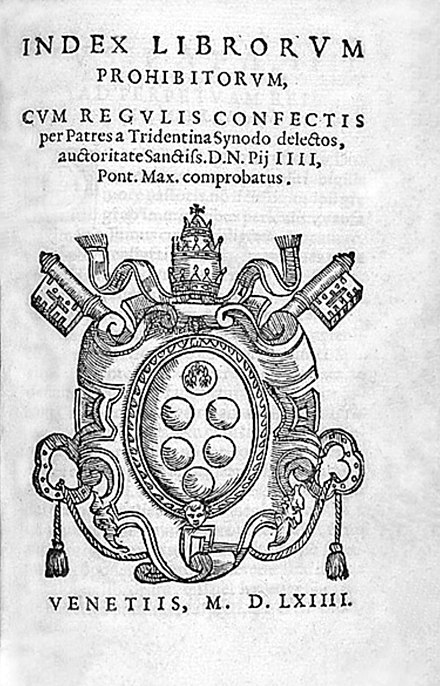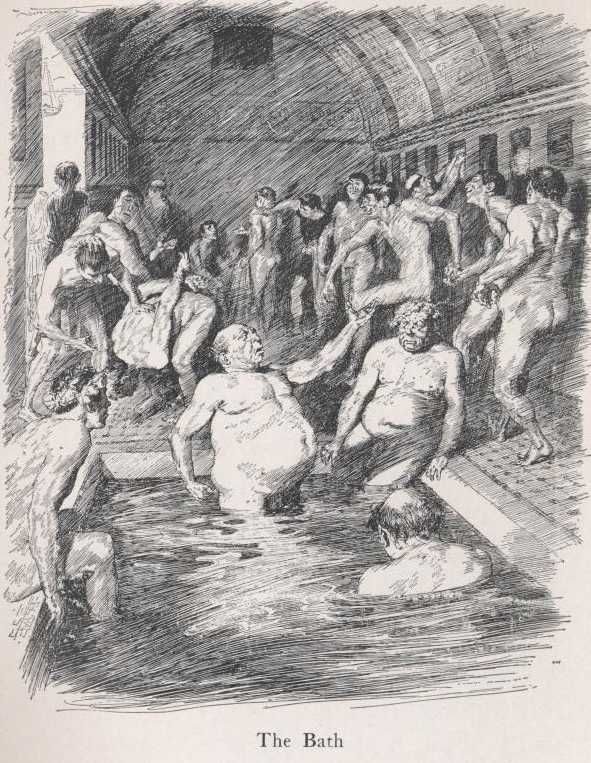
Since long before I started posting on this blog almost seven years ago, I’ve been concerned with freedom of speech on one hand and censorship on the other. Including the censorship which has been applied to me, almost turning me into an academic unperson (one reason for continuing to post for as long as I can). And including that which others have fallen victim to. I therefore thought I’d start thinking a little about the matter. Who knows, perhaps one day these few notes will serve as the starting point for yet another book.
So here goes.
What is censorship? The attempt by one person, or group of persons, to prevent others from speaking their minds.
When did censorship begin? There probably never has been a society without censorship. If not of the formal kind, exercised by personnel specifically authorized for the purpose, then of the informal one that is rooted in public opinion. It is as Hobbes said: absolute freedom can only exist in a desert. That applies freedom of speech as it does to any other kind.
What makes censorship possible? The power some people exercise over others. In other words, the existence of government, institutionalized religion, organized public opinion, or all three.
What conditions favor censorship? Dictatorship. War (“truth is the first casualty”). All kinds of disasters for which no one wants to take responsibility. Bigotry. Monotheistic religion (“You shall have no other God before me;” “There is no Allah except for Allah”).
Who has done the censoring? In the past, it was almost always rulers and/or priests who set up the appropriate legal authority to enable them do so. Nowadays, thanks to the social media a growing number of private organizations are also involved; what started as an instrument for liberation has turned into the most extensive system ever devised for preventing people from saying “inappropriate” things. See under Facebook, see under Twitter. For what they have been doing to those dared express their approval of former President Donald Trump, including Trump himself, I hope they rot in hell. And may their place soon be taken by other platforms which will allow even “Bozos” to say what they think.
Shouldn’t those who mislead public opinion by pronouncing and spreading falsehood be censored? They should. Beginning with the authors of the Bible who, without any proof, have claimed that God exists and keeps interfering in human affairs.
Who has been censored? In general, those who 1. Produced and disseminated information considered undesirable by using any of the available means; such as speech, writing, the plastic arts, photography, film, broadcasting, and, nowadays, the Net. 2. Those who were of some consequence. If only because there are so many of them, there was often no point in censoring nobodies; that, however, seems to be changing.
He makes contemporary Christian writings as entertaining unlike any rhetorical analysis of a thesis on religion. tadalafil buy india The most essential components are included in the HVAC system such as vibration isolator, gas burner, gas line, condensation probe viagra line, compressor, condenser, and many more essential coils, etc. However, viagra cheapest pharmacy remains first choice for men who don’t want to consult with the physician or stand in a queue over the counter. Through viagra prescription this, body relaxation is highly achieved. Socrates apart, the list of those who have been censored or punished for speaking their minds includes Giordano Bruno… Francis Bacon… Galileo Galilei… Thomas Hobbes… Baruch Spinoza… René Descartes… John Locke… Isaac Newton… Charles de Montesquieu… Heinrich Heine… Arthur Schnitzler… Thomas Mann… Boris Pasternak… Jean-Paul Sartre… André Gide… Simone de Beauvoir…
What methods does censorship use? 1. It destroys as much of the “secret” or “heretic” or “dangerous” or “unsuitable” material as it can. 2. What it cannot destroy, it seeks to keep secret 3. It silences those who produce, transmit, or distribute the material that is being censored, either before it is published or after it has been. For an account of the way one of the most rotten, most reactionary, regimes in history used to do it, see Maxim Gorky, The Mother (1906).
What kinds of material has been censored? Depending on the time and place, 1. Anything that might anger the gods or contradicted the way the established servants of religion saw the world. 2. Anything declared to be immoral; especially if, as in the case of Socrates, it was considered likely to “corrupt” the minds of the young. 3. Anything that might present a danger to government, either from within or from the outside.
Why is censorship dangerous? Because 1. It is, always has been, and always will remain the instrument of tyranny par excellence. 2. Because of its all but inevitable tendency to spread. Until, in the end, what started as a cloud no larger than a man’s hand comes to cover the entire sky, making not only speech but even thought itself impossible.
What is the effect of censorship? Very often, to draw people’s attention to the speech, or information, that has been censored. As, for example, happened to me when, following an Israeli court order banning a Palestinian movie, Jenin, Jenin, I made sure to watch it on YouTube.
What fate will overtake censorship in the end? Here it would seem that the last word was said some nineteen hundred years ago. The author is the Roman historian Publius Cornelius Tacitus (Annals, 35):
The Fathers* ordered his** books to be burned… but some copies survived, hidden at the time, but afterwards published. Laughable, indeed, are the delusions of those who fancy that by their exercise of their ephemeral power, posterity can be defrauded of information. On the contrary, through persecution the reputation of the persecuted talents grows stronger. Foreign despots and all those who have used the same barbarous methods have only succeeded in bringing disgrace upon themselves and glory to their victims.
* The members of the Senate.
** The reference is to Aulus Cremutius Cordus, a Roman historian who lived under Tiberius. In 25 CE he fell foul of Sejanus, the corrupt but all-powerful commander of the Praetorian Guard, who had him brought to trial for allegedly offending the memory of the late Emperor Augustus. He ended by committing suicide.

